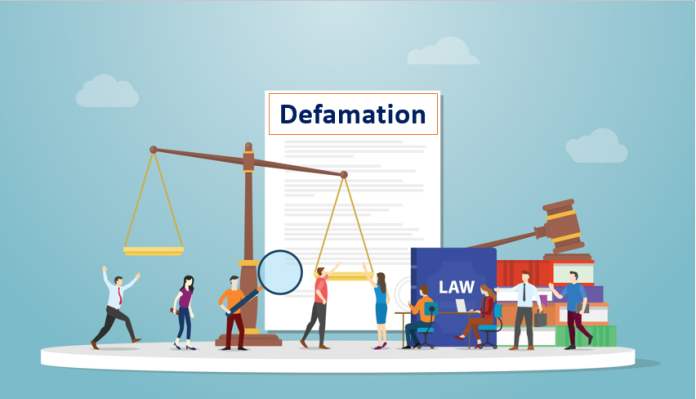🧾 Understanding Defamation Laws in India: What Media Need to Know?
Defamation is one of the most debated areas in media law, especially for journalists who operate at the intersection of public interest and individual rights. In a country like India. where freedom of speech is a fundamental right but not absolute understanding defamation is crucial to responsible reporting.
📌 What is Defamation?
Defamation occurs when a false statement is made publicly with the intent to harm someone’s reputation. In India, defamation is both a civil wrong and a criminal offence, governed by:
- Sections 499 and 500 of the Indian Penal Code (IPC) (for criminal defamation)
- Tort law and civil suits (for financial compensation)
📚 Two Types of Defamation:
- Libel – Written or published defamation (e.g., newspapers, websites, magazines).
- Slander – Spoken defamation (e.g., TV news, interviews, live reports).
🎙 What Qualifies as Defamation for Journalists?
For a journalist to be held liable for defamation, the following elements must be proven:
- A defamatory statement was made.
- The statement referred to a specific individual or entity.
- It was published or broadcasted to a third party.
- It harmed the reputation of the person/entity.
🔒 Exceptions (Under IPC 499): There are ten exceptions which protect journalists, such as:
- Truth in public interest
- Fair comment on public conduct
- Reporting of judicial proceedings
- Criticism of public servants
⚖️ Legal Remedies for Journalists & Victims
🧑⚖️ If a Journalist is Accused:
- They can argue that the statement is true and made in good faith.
- Use statutory exceptions under IPC 499.
- Seek legal aid and support from journalist associations and media law experts.
🧑💼 If Someone Feels Defamed:
- File a civil suit seeking monetary damages.
- File a criminal complaint under IPC 499/500.
- Request an apology or retraction.
📂 Real Case References:
Media Trials
During high-profile criminal cases, several news channels have been accused of prejudicing public opinion through media trials. Courts have warned against such practices, citing potential defamation and contempt.
Defamation Suit Against Digital Journalist
In multiple instances, digital journalists exposing corruption or public misconduct have faced defamation suits. Some were dismissed when journalists could prove truth, public interest, or lack of malicious intent.
🛡️ Balancing Act: Press Freedom vs. Protection of Reputation
- Freedom of the Press (Article 19(1)(a)) is essential but must be balanced with Article 21, which protects personal dignity.
- Journalists must rely on verified sources, avoid speculation, and follow ethical journalism standards to reduce legal risks.
📝 Key Takeaways:
- Verify facts before publishing.
- Maintain records of sources and communications.
- Avoid personal attacks and character judgments.
- Use disclaimers when reporting allegations or developing stories.
- Know your rights and consult legal counsel when in doubt.









